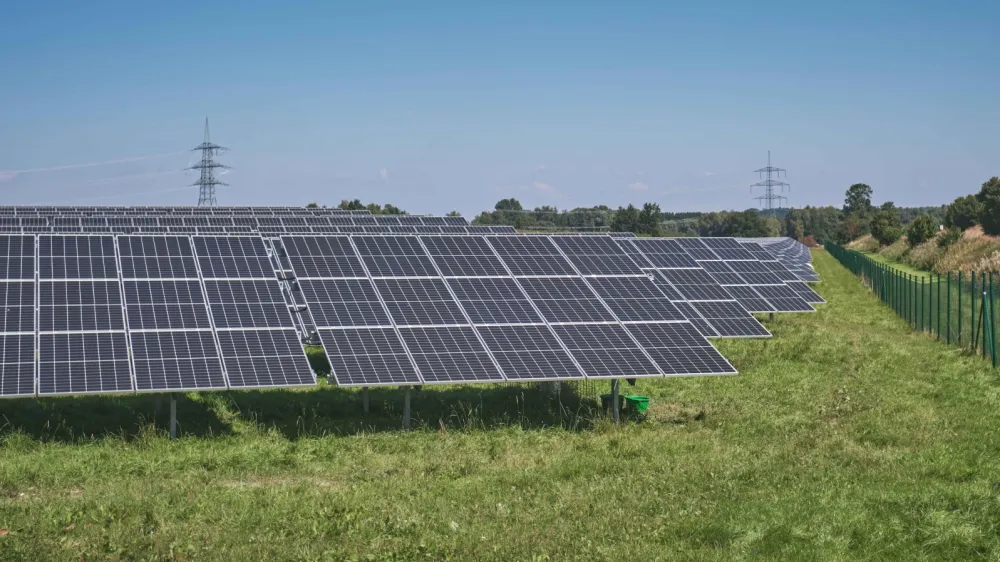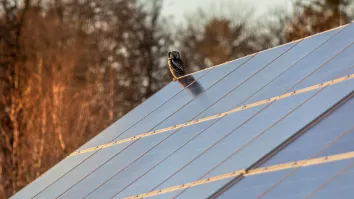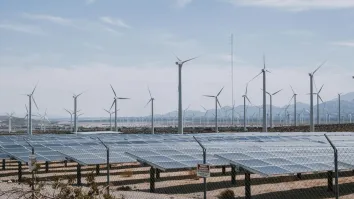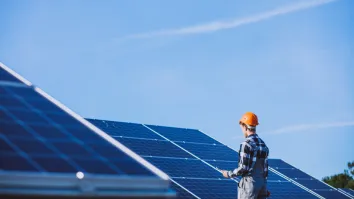ASEAN faces rising energy demand amidst transition challenges
Renewable transitions require investment, cooperation, and strategic planning.
ASEAN faces a critical challenge in balancing growing energy demand with the transition to renewable energy sources, according to H.E. Dr Kao Kim Hourn, Secretary-General of ASEAN. Speaking on energy security, Dr Kao emphasised the need for significant investment and collaboration to ensure sustainable energy solutions.
“We have a growing demand for energy, while at the same time, the need for ASEAN to make the transition from the current energy situation to new and new model energy,” said Dr Kao.
He noted that this transition will require “a lot of cooperation and collaboration among countries in the region” and highlighted the importance of improving power grids to make energy more affordable and sustainable for all.
“The ASEAN leaders have been discussing now and coming up with a commitment to work together within the essence, particularly to make a transition to renewable energy,” Dr Kao explained, adding that there is a sense of optimism regarding the region’s renewable energy initiatives.
However, Dr Kao cautioned that more needs to be done, especially in terms of affordability and self-reliance. “We need to really build homegrown [energy solutions] in the region as much as possible,” he stated, while stressing the importance of partnerships with international organisations, including the International Energy Agency, which recently established an office in Singapore.
To accommodate future demand, ASEAN must diversify its energy mix. “We have to try to transition to renewable energy, but at the same time it has to be sustainable and reliable,” Dr Kao concluded, calling for continued cooperation within ASEAN and with global partners.



















 Advertise
Advertise







Commentary
What a $635b investment push could mean for India’s refineries and thermal power plants